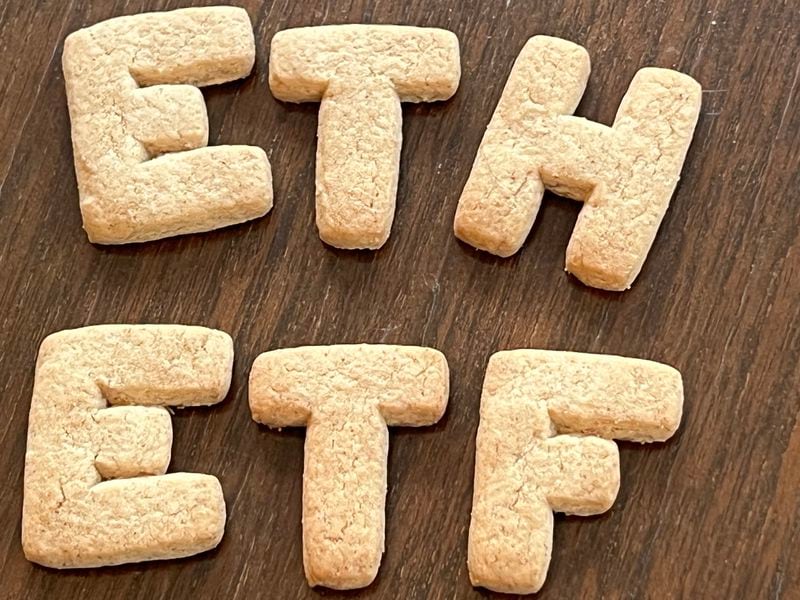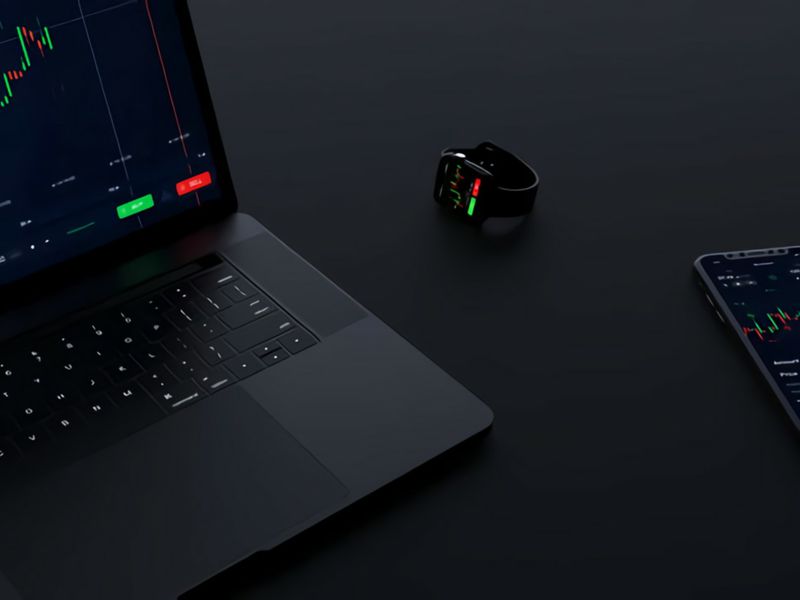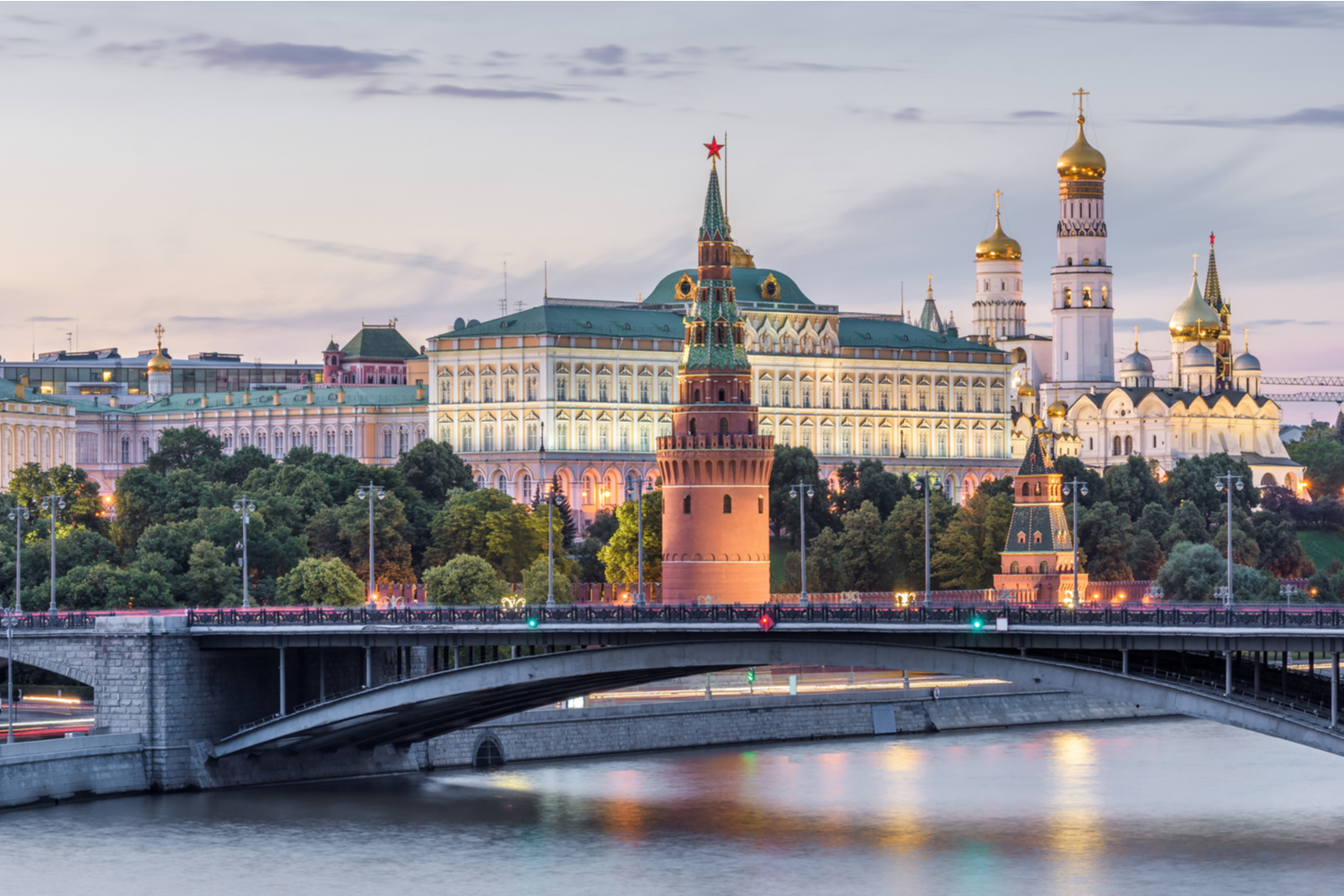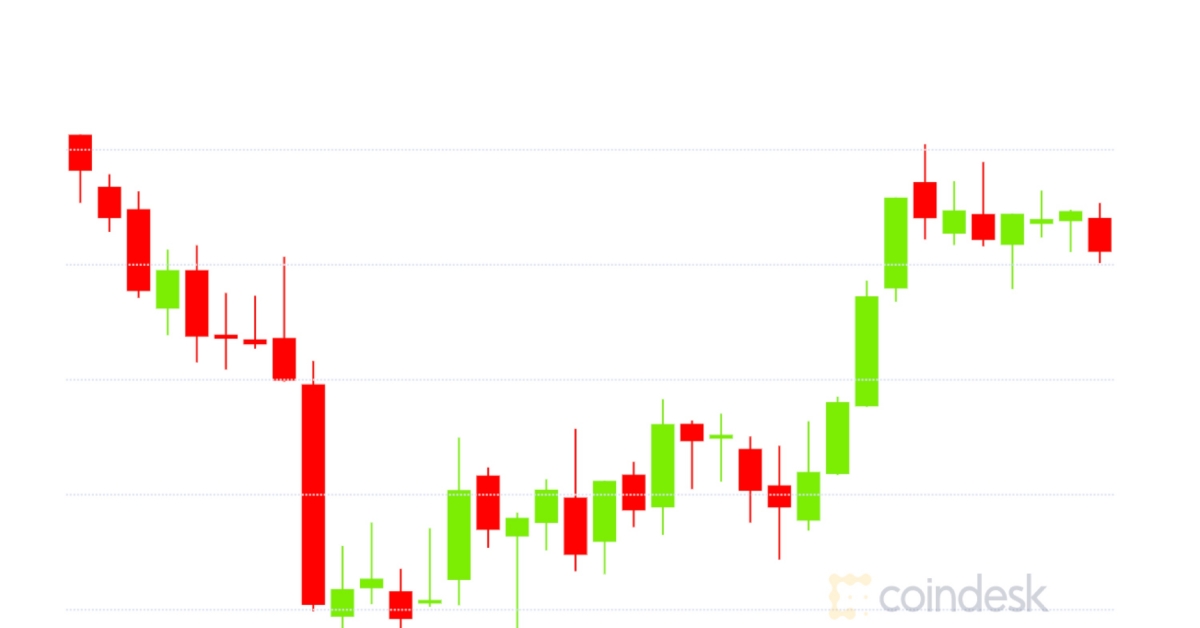Westerners See El Salvador as a Template for a New Monetary System
Since I arrived in El Salvador In August, I have spent most of my time talking to Salvadorans about their experiences with Bitcoin, and how they see adoption progressing over time. But it is Western expats who see the most potential for Bitcoin to transform this Central American economy over the next decade. They see the nation as similar to Singapore 40 years ago, with Bitcoin serving as the catalyst for future domestic economic growth.
I spoke with Fran Stajnar, an early Bitcoin adopter from New Zealand, about his ambitions to create new ways for retail investors to get exposure to the Salvadoran economy. Fran previously started a digital asset investment fund called “Techemy.Capital” and moved to the Salvadoran beach during the pandemic. He currently is working on a Salvadoran ETF to democratize access to investing in the country and aims to channel Western capital into Salvadoran companies. He views Bitcoin as the first instance of the separation of money and state, and posits this could lead to a change in mindsets very similar to the separation of church and state that led to the Renaissance.
Jonathan Martin is a graduate of Stanford University, Georgetown University, and a student at The Wharton School, currently on leave immersing himself in the world of Bitcoin in El Salvador. See his other diaries entries here.
El Salvador has become one of the primary destinations worldwide for passionate Bitcoiners, Stajnar says. Many view their home countries in the West as being overly restrictive and authoritarian, especially in response to COVID-19. El Salvador, to him, represents freedom, and the opportunity to live untethered from the politics of Western governments.
In this era of fiat debasement, Stajnar believes that El Salvador is a beacon of hope for other countries. Investors across the world are starting to consider the counter party risk involved with holding assets in Western countries that are potentially at risk of a future sovereign default. Meanwhile, the BRICS nations are building an alternative system, pushing a global trend toward de-dollarization (though they insist that they are not junking the dollar just yet). Drip, drip, drip, flood.
Currently, the Salvadoran stock market, the Bolsa de Valores El Salvador, only has 83 listed companies. Unless you have the political access of a large sovereign wealth fund, it is currently difficult to find ways to deploy smaller amounts of capital. Stajnar aims to create a way to allow for more people to invest in the domestic Salvadoran economy – which will increasingly become Bitcoin-backed — as a hedge against fiat-backed Western markets. He believes that GDP could increase precipitously by 2030, if President Bukele’s policies are maintained through his re-election in 2024.
With the advent of bitcoin, money is now digital and programmable. With time, there will be a Cambrian Explosion of projects that build upon the base layer Bitcoin network, Stajnar believes. It is the TCP/IP of the new internet of value, and we have only scratched the surface of its potential.
The Great Reset could happen a lot sooner than most people realize, as the fiat system has been experiencing inflation since 1971. Wages have not kept up with the costs of goods and services, and the result is a large wealth gap in the West. El Salvador is in a unique position to serve as a proving ground for what the world on the “Bitcoin Standard” could look like – with a fairer monetary system for all.
Changing world order
The implications of a nation state adopting the “Bitcoin Standard” stretch far beyond the border of El Salvador. Since the end of World War Two, the backbone of the global fiat monetary system has been U.S. Treasuries. To function in the global economy, nations have been essentially required to maintain a reserve of Treasuries to purchase energy and participate in the U.S.-led global order. If more countries adopt the “Bitcoin Standard” and begin settling trade between each other in Bitcoin rather than with fiat, we will create a global monetary system.
The United States has the “exorbitant privilege” of being able to print the fiat currency that is the glue of the entire system, allowing her to solve domestic problems or to finance wars by creating new money. This has allowed the U.S. to grow into perhaps the most powerful country in the history – militarily and economically – at the cost of an ever-accelerating national debt burden. In my conversations, Bitcoin expats in El Salvador are well-versed in the historical pattern of the end of the long-term debt cycle resulting in a currency reset at a global scale.
Throughout history, there is a pattern of fiat currency failing, usually by first hyper-inflating. The Zimbabwean Dollar and Weimar-era German Mark are prominent examples, but instances of debasement stretch as far back as the gradual reduction in silver content in the Roman Denarii. History rhymes, and as global sovereign debt increases, a default in the West or a significant dollar devaluation become increasingly possible outcomes. s
Bitcoin serves as a “Plan B,” where people can choose to opt out of the perpetually inflating fiat system. Forward-looking Western expats in El Salvador think they know what is coming in the world financial system and have taken action to protect their future purchasing power and freedoms.
Edited by Ben Schiller.









